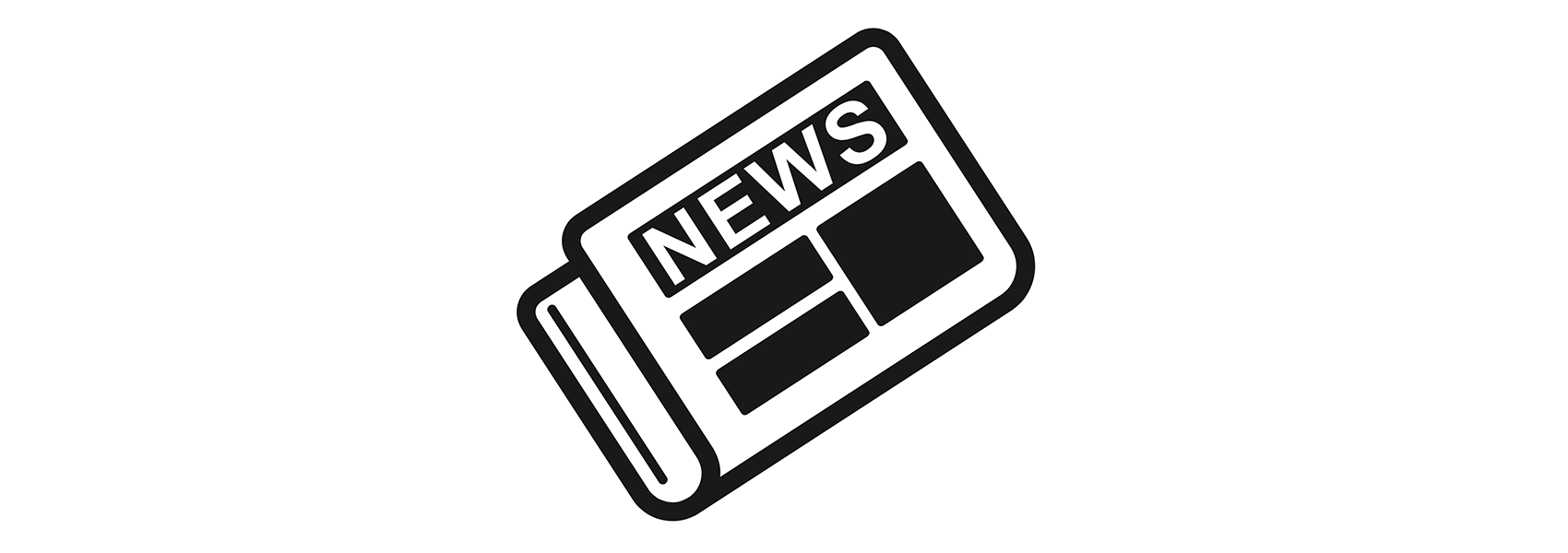This year The Center for World Languages and Cultures (CWLC) is expanding on its new learning program that allows students to learn languages not typically offered in the DU curriculum for either elective credits, or as a self-directed study.
The Directed Independent Language Study (DILS) began in 2011 and has continued to grow since then, introducing more opportunities this academic year.
“As part of this year’s Renew DU initiative, we have piloted DILS offerings for undergraduate credit, as well as a Cultures & Languages Across the Curriculum (CLAC) initiative,” said Alison Nishi, director of the CWLC. “We are also planning for an intensive Summer Language institute on campus.”
In July of 2015, the CWLC offices were moved to room 336 in Anderson Academic Commons in order to open up study space for students as well as to place CWLC in a central location.
“The CWLC aims to serve all of campus,” said Nishi. “We are building upon the pilot programs from last year and expanding upon our offerings.”
DILS began as a noncredit opportunity for students to learn less commonly taught languages. The program began with Korean and Swahili as non credit learning experiences, and Portuguese was ultimately added in 2012. These programs were initially targeted at graduate students, with minimal undergraduate participation.
Under Renew DU, this year is different. DILS will now offer Korean, Portuguese and Swedish for undergraduate credit, counting for four elective credits per quarter.
“While these credits do not count towards the Common Curriculum foreign language requirement,” said Nishi, “these courses are now offered for elective credits to all undergraduate students, graduate students, faculty and staff.”
“Students meet twice each week for conversation practice, questions and cultural exploration with a native speaker of the language, the language partner. Students are responsible for setting their weekly learning goals and setting the agenda for these meetings; the language partner is not a teacher but a coach and partner in learning. Student progress in the language is assessed by a language examiner, a faculty member from an institution where that language is taught or otherwise qualified expert in the language,” said Nishi.
To learn more about the new language learning experience visit the CWLC webpage, scroll down to the bottom of the page, and click on the link: “Center for World Languages and Cultures joins AAC.”











